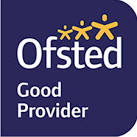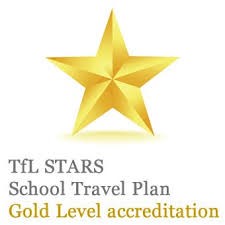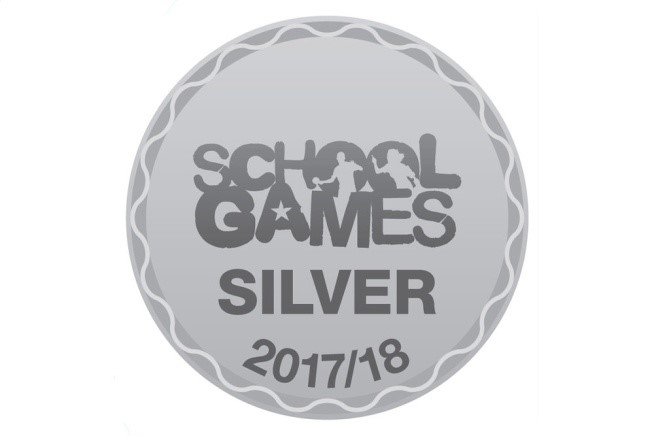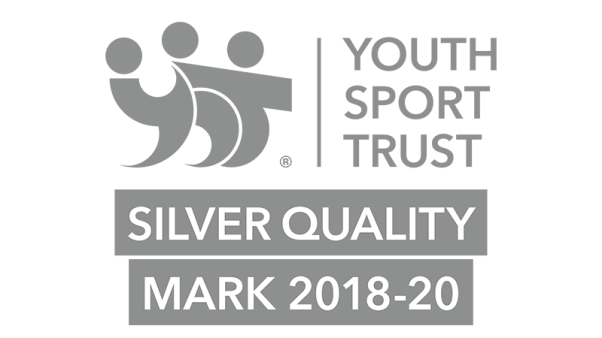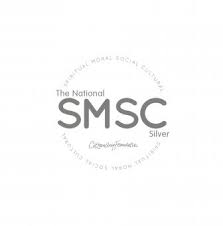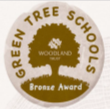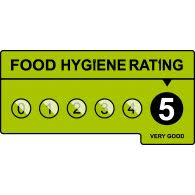Religious Education (RE)
Intent
At Earlsmead, we aim to ignite a curiosity to learn about religions and world views and develop deep thinkers who are open-minded about religion and worldviews.
The children will secure a deep understanding of concepts in order to be able to make connections, ask and respond to challenging questions, learn to respect and appreciate worldviews that are different to their own and consider their personal preconceptions, responses and views.
Children develop an understanding of the place that religion plays in people’s lives so that they can engage in life in an increasingly diverse society. The school has a very diverse community so we nurture understanding and respect of each others' beliefs.
Where parents request that their children be withdrawn from the teaching of religious education, we will ensure this is not due to misunderstanding of the curriculum, before making appropriate educational provision for them.
Implementation
Harrow is one of the most religiously diverse boroughs in the country. We use the Harrow Agreed Syllabus and Kapow as our scheme of work as they reflect this diversity and have an enquiry-based approach to teaching and learning. Wherever possible, we make meaningful links with other subjects in the curriculum, SMSC and British Values.
Kapow is a progressive curriculum, enabling children to make links and connections between worldviews. It meets the government's guidance, which states that RE must reflect that ‘the religious traditions in Great Britain are, in the main, Christian while taking account of the teaching and practices of the other principal religions represented in Great Britain’. There are 3 strands through that run through the spiral curriculum – substantive knowledge, disciplinary knowledge and personal knowledge.
Christianity is taught in every year group, with Christmas and Easter building on knowledge and understanding in a progressive way year on year. Buddhism, Hinduism, Islam, Judaism, Sikhism, Jainism, Zoroastrianism and Baha'i are also covered. Non-religious views are represented by the inclusion of Humanism.
Lessons are taught weekly with an enquiry question posed for each half-term. Through discussion, research and questioning, conclusions are drawn at the end of the unit of work. The lessons build on what has been learnt previously through a coherently sequenced programme that reflects the local area.
We welcome visitors to school to enhance the curriculum and visit local places of worship whenever possible. Children often share their own experiences with their teachers and peers which supports real life examples and experiences.
Impact
Where units include specific knowledge, pupils carry out Proof of Progress (POP) quizzes at the start of each lesson during the term to check knowledge is being retained.
Each unit has a 'Big question’. Children reflect on their thoughts and feelings regarding the question throughout the unit as these reflections may change and develop as they learn more.

